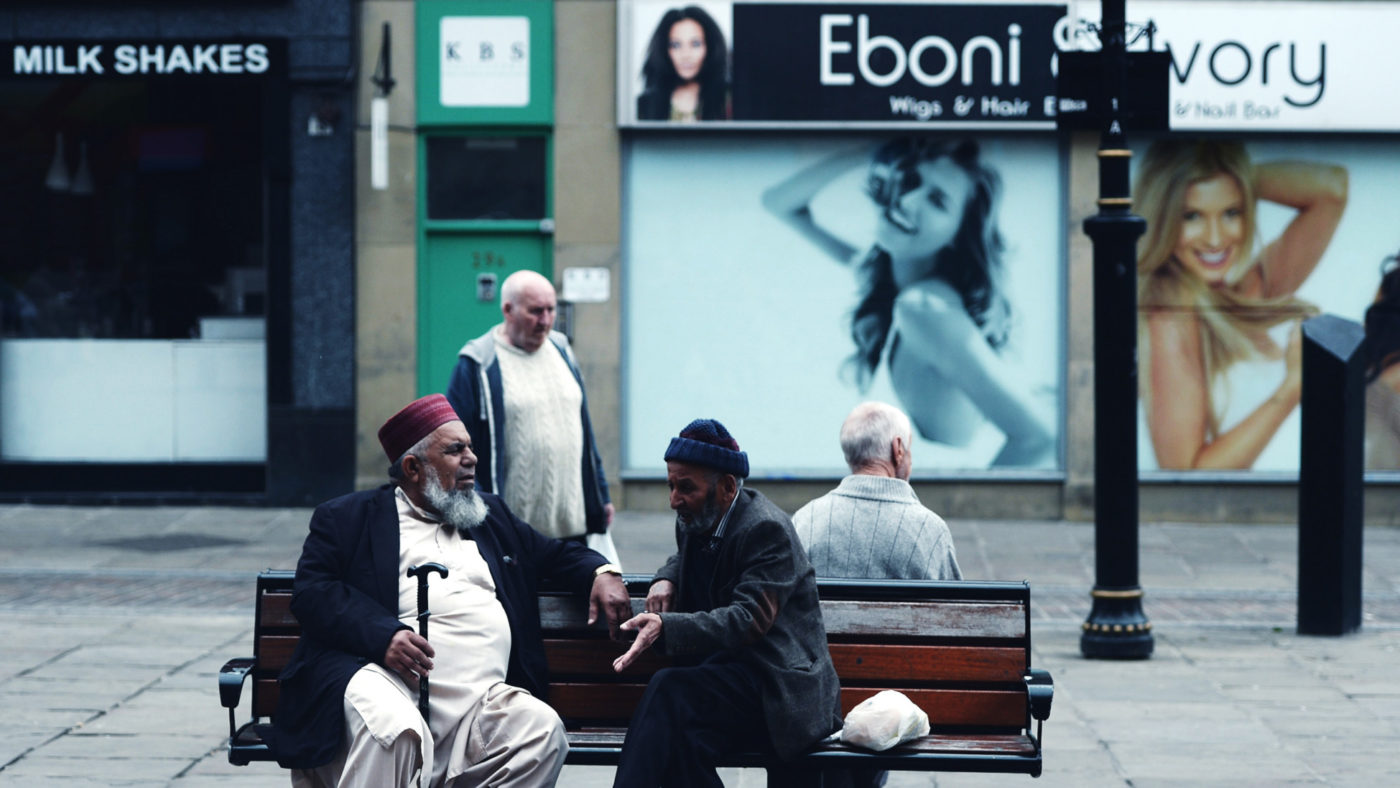We have never had a proper integration strategy in Britain. In an era of growing polarisation, we might all agree that this feels a much more anxious and fragmented society than any of us would want. Yet an action plan to change that has remained elusive.
Making this happen now falls to Cabinet minister Sajid Javid, who opens his Green Paper foreword with his own integration story. Javid’s personal account of having to take days off school to help interpret for his mother, before she became fluent in English, underlines the importance of a common language to full social, economic and democratic participation in our society. His upward trajectory since reflects the educational and professional success of many children of Commonwealth migrants to Britain.
The Green Paper’s challenge is to set out a shared vision of integration, to identify the barriers to achieving it and to work out whose responsibility it should be to tackle them.
It has been a long time coming: 15 months, in fact, since Dame Louise Casey issued an urgent call to action in her report on integration. Whitehall may favour a “nudge” approach but Dame Louise would undoubtedly have preferred a “shove”: that urgency gave her report a valuable moral clarity about the boundaries of what must be unacceptable in a liberal democracy. An important strength was her commitment to ensuring that British women do not see their autonomy, rights and voice curtailed by misogynistic claims to speak for what their “community” wants.
The weakness of the Casey Review, however, was a narrow lens, often seeming to present the questions of integration in Britain today as almost exclusively about Muslims. If the integration debate becomes characterised by a “them and us” approach, it risks furthering the divisions it sets out to address.
It is important and welcome that this Green Paper moves on, seeking to reset the integration agenda in much broader terms. It offers a significant shift of tone in how the Government sees the state of the nation.
Integration is about each of us, whatever our background, being able to feel fully part of our shared society. That is impossible without an agenda for social integration which marries a shared sense of belonging to fair chances. Insisting that everyone can and should take up the opportunities that Britain has to offer will founder if some find that doors remain closed to them.
The Green Paper accurately identifies several crucial areas for action. They include the foundational importance of a shared language; the need to tackle the barriers to equal opportunity illuminated by the Race Audit, in particular the employment rate of young black men and ethnic minority women; and the principle that nobody should go to school in Britain today without meaningful contact with others of different faiths, ethnicities and social classes. Whether there is action to back up welcome words on English language is a key credibility test for the whole strategy.
Each of those priorities has broad support across political parties and across the referendum divide too. If our political leaders are looking for important things that they could make happen in a hung parliament, action on integration should be high up the list.
The links between national and local action will be one of the trickiest areas to get right. What happens next in the five “action areas” of Bradford, Blackburn, Peterborough, Walsall and Waltham Forest and how that is reflected in action everywhere else, will tell us whether the government’s goal is to run some integration pilot projects, or to have a nationwide strategy too.
The mix of locations reflects how the issues identified a generation ago by Ted Cantle have not gone away, but also that we face new challenges too. Recognising the importance of integrating refugees is a welcome step. Yet the Green Paper misses an important point about how Brexit presents new integration challenges, such as how the three million EU citizens living here feel welcomed as part of British society. Providing simpler routes to British citizenship, for those who want more than residency, might be a smart response.
Nuance on integration is important, but not at the cost of clarity, cut-through and action. This Green Paper has more to say about integrating “communities” – a concept that can shift fuzzily between faith groups, ethnic minorities and local areas – than about action for all citizens of modern Britain. While integration is understood primarily through the lens of migrant and minority affairs, with the occasional nod in the direction of “host communities” having responsibilities too, it is not yet the “everybody and everywhere” agenda that we need.
The Government has got a lot on its plate in delivering Brexit and that could crowd out action on integration. That mustn’t happen: Britain needs a proper integration strategy and the Green Paper provides a welcome roadmap for how we might get one soon. Whether it succeeds or fails, however, can only really be judged once we start seeing action to make integration work.


